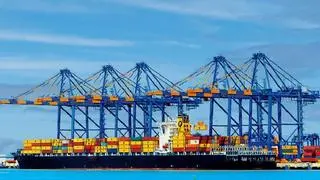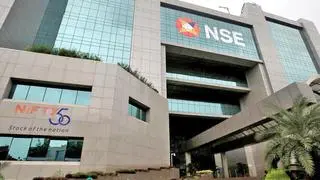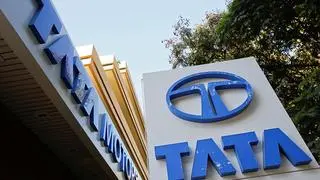No clear definition of shell companies and lack of clarity over what prompted SEBI or the Ministry of Corporate Affairs to identify 331 companies as suspect shell companies can cost investors dear.
Following SEBI’s directive to the stock exchanges, BSE and NSE have moved 162 and 48 companies respectively, into Stage VI of the Graded Surveillance Measure (GSM). These stocks will not be available for daily trading with immediate effect.
According to recent trading and shareholding data available on Capitaline, non-promoter wealth is these companies could be over ₹7,000 crore. Of the 162 companies suspended by the BSE, 19 have market capitalisation of over ₹100 crore. With about a fifth of the 162 BSE-listed companies having a notable turnover of around ₹100 crore and above, investors in companies with genuine businesses may also be left in the lurch, due to SEBI’s diktat.
The good, the bad While there is no clear-cut definition of shell companies, lack of genuine business operations, or in other words, a low turnover or operating income, usually set the alarm bells ringing.
The exchanges have been asked to verify the credentials/ fundamentals of the suspect companies, by appointing an independent auditor. If exchanges do not find the fundamentals or credential of any company to be appropriate, the stock can be delisted.
But at first glance based on the data available, of the 162 companies, around 30 companies have a reported net sales of ₹100 crore and above in the preceding two fiscals — FY17 and FY16.
Fair turnover, market cap Prakash Industries, Kalpana Industries, J Kumar Infraprojects and Pincon Spirit are some of the companies that have recorded net sales of around ₹1,500-2,000 crore in FY17. While earnings of these companies and many others with notable turnover may be nothing to write home about, the market capitalisation of many of them is over ₹300 crore, running into a few thousand crores too, in some cases.
J Kumar Infraprojects and Prakash Industries sport market capitalisation of over ₹2,000 crore, while that of Parsvnath Developers is a little over ₹1,000 crore.
Public holding in Prakash Industries is about 58 per cent, of which about 23 per cent is held by individuals, aside from the 1 per cent held by Rakesh Jhunjunwala. Around 26 per cent is held by NBFCs registered with the RBI.
Public shareholding in J Kumar Infraprojects is around 56 per cent, of which 11 per cent is held by mutual funds, 27 per cent by foreign portfolio investors and around 13 per cent by individual investors.
Not entirely unfounded The regulator’s concern could, however, prove to be right in some instances. While some of these companies have notable turnover and significant public holding, there are many others that have no sales to show. Of the 162 BSE companies, 23 have reported nil net sales for FY17, while 36 firms have recorded net sales of under ₹1 crore. Over 130 companies have a market capitalisation of under ₹100 crore. Cals Refineries, Oxford Industries, Noesis Industries, and Koffee Break Pictures are some companies that have reported nil turnover for FY17.
Defaulters Interestingly, of the list of suspect shell companies put out by SEBI, a few have been defaulters too. Credit Information Bureau of (India) (CIBIL) publishes data of default cases filed by banks and financial institutions, in case of loans above ₹1 crore. REI Agro, Winsome Diamonds, Nicco UCO Alliance Credit, and Rasoya Proteins are a few defaulters in the CIBIL list that have now been flagged by SEBI as possible shell companies.








Comments
Comments have to be in English, and in full sentences. They cannot be abusive or personal. Please abide by our community guidelines for posting your comments.
We have migrated to a new commenting platform. If you are already a registered user of TheHindu Businessline and logged in, you may continue to engage with our articles. If you do not have an account please register and login to post comments. Users can access their older comments by logging into their accounts on Vuukle.